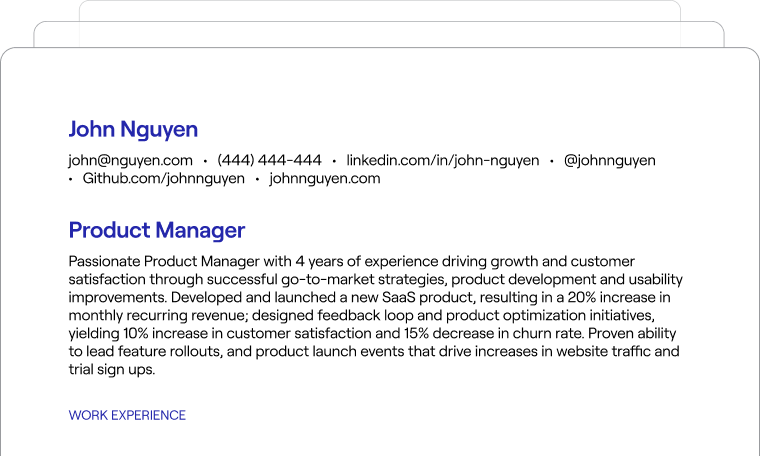Research Scientist - Immunology
MD Anderson•Houston, TX
426d•$66,500 - $99,500
This job is no longer available
There are still lots of open positions. Let's find the one that's right for you.
About The Position
The Immunology department at MD Anderson Cancer Center seeks to determine the fundamental cellular and molecular mechanisms of a wide range of processes by which the body recognizes and eliminates pathogens and use these findings to unleash the patient's own immune system against previously treatment-resistant cancers. Treating the immune system rather than the cancer itself, the therapeutics developed are applicable to many cancers.
